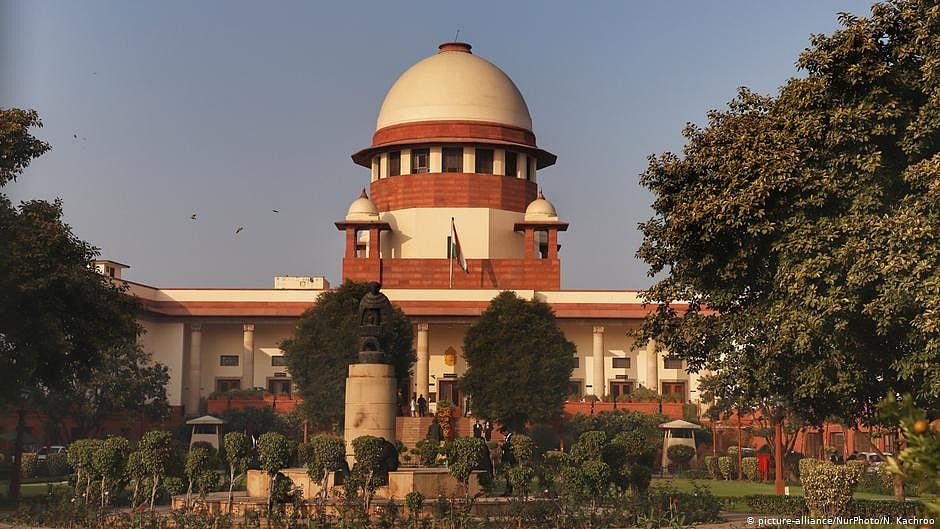Nation
No timelines for President's, governors' assent to Bills, no ‘deemed assent’: SC
Five-judge Bench says imposing judicial deadlines or deeming assent amounts to judiciary encroaching on executive powers

The Supreme Court on Thursday ruled that courts cannot prescribe timelines for the President or governors to decide on Bills presented to them under Articles 200 and 201 of the Constitution. It also firmly rejected the idea of courts declaring 'deemed assent' if such timelines were breached, calling it a violation of the separation of powers.
Answering a reference made by President Droupadi Murmu under Article 143, a five-judge Constitution Bench held that introducing judicially enforced deadlines or presuming assent would amount to the judiciary encroaching upon executive functions, LiveLaw reported.
“We have no hesitation in concluding that deemed consent of the Governor or President at the expiry of a judicially set timeline is virtually a takeover of the executive functions by the judiciary, which is impermissible under our written Constitution,” the Bench observed.
At the same time, the Court underlined that it may step in where there is a prolonged or unexplained delay that defeats the legislative process. In such rare cases, it may direct a governor to take a decision within a reasonable time, without commenting on the merits of the Bill.
The Bench, comprising Chief Justice of India B.R. Gavai and Justices Surya Kant, Vikram Nath, P.S. Narasimha and A.S. Chandurkar, heard the matter over 10 days before reserving its opinion on 11 September. The reference, made in May, sought clarity on issues arising after a two-judge ruling in the Tamil Nadu governor case, which had attempted to set outer limits for action on Bills.
Published: undefined
In response to one of 14 questions in the reference, the Court clarified that a governor has three constitutional options upon receiving a Bill: grant assent, withhold assent, or reserve the Bill for the President’s consideration. Crucially, it held that withholding assent must necessarily be accompanied by returning the Bill to the legislature under the first proviso to Article 200.
The Court rejected the Union government’s contention that a governor may simply withhold assent without sending the Bill back to the Assembly. Allowing such a course, the Bench said, would undermine federalism and leave an elected government at the “whims of the Governor”.
Attorney-general R. Venkataramani and solicitor-general Tushar Mehta opposed any judicially imposed schedule for constitutional authorities, arguing that such directions would violate the separation of powers. Both agreed that governors should not indefinitely delay Bills, but insisted that courts cannot bind them with fixed deadlines or create a regime of deemed assent.
Senior lawyers for several states, including Kapil Sibal (West Bengal), Dr A.M. Singhvi (Tamil Nadu), K.K. Venugopal (Kerala), Gopal Subramanium (Karnataka) and Arvind Datar (Punjab), argued that judicial intervention was necessary in cases where governors were perceived to be stalling legislation.
In contrast, senior advocates Harish Salve (Maharashtra) and Mahesh Jethmalani (Chhattisgarh) supported the Union’s position that courts must refrain from directing high constitutional authorities in matters involving discretionary powers.
The ruling provides a definitive interpretation of the constitutional scheme governing assent to Bills, while steering clear of endorsing judicial supervision over the timelines for decision-making by the President or governors.
Published: undefined
Follow us on: Facebook, Twitter, Google News, Instagram
Join our official telegram channel (@nationalherald) and stay updated with the latest headlines
Published: undefined